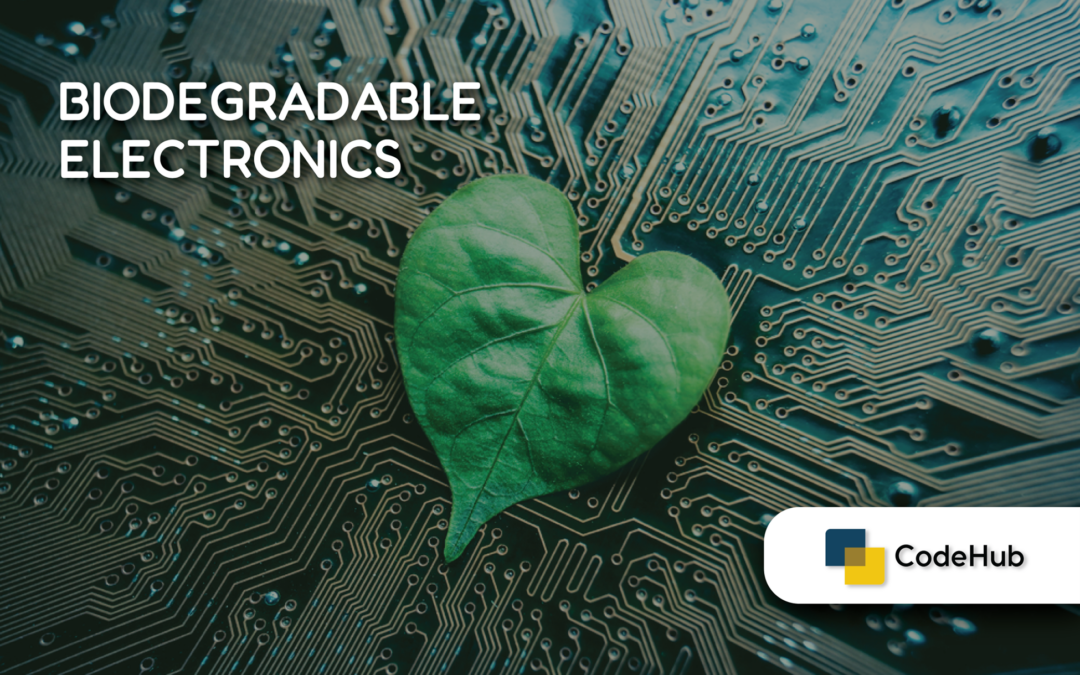As the world grapples with the growing problem of electronic waste, biodegradable electronics are emerging as a promising solution for a sustainable future. Traditional electronics, made from non-renewable resources like metals and plastics, can take decades to decompose, contributing significantly to environmental pollution. Biodegradable electronics, on the other hand, are designed to break down naturally, reducing the environmental impact.
Biodegradable electronics are crafted using eco-friendly materials such as organic polymers, plant-based fibers, and biodegradable semiconductors. These materials ensure that, once disposed of, the electronics can decompose without leaving toxic residues. Researchers are developing devices like biodegradable sensors, batteries, and circuit boards that offer the same functionality as traditional electronics but with a smaller environmental footprint.
One exciting application of biodegradable electronics is in medical devices. Temporary implants, such as sensors and monitors, can be designed to safely dissolve in the body once they have served their purpose, eliminating the need for surgical removal. This not only benefits the environment but also improves patient care. As innovation continues, biodegradable electronics are set to revolutionize the tech industry, providing a more sustainable path forward. They represent a shift towards responsible consumption, proving that cutting-edge technology and environmental consciousness can coexist, paving the way for a cleaner, greener future.

